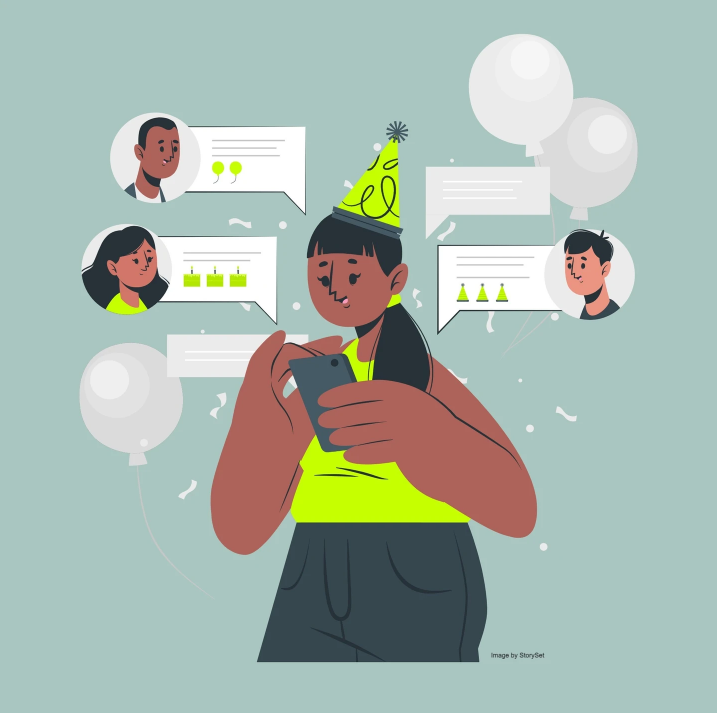Remote Work Doesn’t Have to Sap Camaraderie
I’ve been speaking a lot about something that used to be built spontaneously and reinforced with daily co-location - team relationships.
The reliance on co-location has become ingrained in almost every aspect of company operations, from onboarding to daily work.
We’ll continue to see extraordinarily high turnover rates and employees feeling like their work is transactional if we don’t reskill employees on how to build a sense of shared purpose and belonging that doesn’t rely on physical proximity.
We can do this, but it requires a rethinking of our interactions.
Practical ways to build camaraderie
I have worked remotely for over seven years with distributed teams and am able to say that I have built deep, meaningful relationships - I know these individuals have my back and that we can have a healthy discord.
The key to relationships on distributed teams is defining when and how your team will interact in a way that builds personal bonds. This should be documented with your other team working norms.
Here are some ideas that have worked well for me over the years:
Special events
Baby showers, engagements, and birthdays are all wonderful reasons to come together.
Kudoboards are a way for everyone to chip in and leave a congratulatory note
Paperless Post is a classy 1:1 way to send a message
Tasting events like what Mongers Provisions orchestrates are a blast. An expert jumps on the phone and spends 20-30mins walking the team through a box of cheese or chocolate goodies that have been delivered to everyone's door. In the second half of the hour, the tasting host leaves, and the team can remain for some team chit-chat over snacks.
Promote good work! Recognition of a job well done, a successfully launched project, and extra helpfulness deserve a shout-out. Receiving recognition feels great.
In Microsoft Teams, there is a Praise feature that you can use on a team channel.
In Slack, there are apps like Donut.
Good old-fashioned recognition on a team call works too.
Regularly
A dedicated time blocked every quarter goes a long way. To avoid scheduling conflicts, I calendared 1-hour blocks months in advance. We stopped everything work-related and had fun. Sometimes there was a gift card to Starbucks or Doordash for the winner. Activities that were a hit:
Two truths and lie is a great way to get to know your teammates better. This is especially fun to do with new team members and can be as simple as each person creating a PowerPoint slide and sharing over Zoom.
Spreadsheet battleship played on google docs is hilarious. Typically, a 2-person game with an online spreadsheet, it’s easy to create multiple opponents.
Whiteboard Pictionary. We used an online word generator and assigned a timer.
A Virtual Escape room is a more complex endeavor that requires a vendor, but can be a blast.
Periodic 1:1s
These are intentional calls to people on the team whom you may not interact with every day or someone outside of the group, but you want to get to know them better. These calls can be as simple as a reoccurring invite 4x/a year. The idea is to connect, learn what they’re up to at work, and share what’s going on in life. Great ways to connect are to walk and talk or something away from the desk - take advantage of the fact that you don’t need to be on video to have a connection.


